India’s journey to independence was not a solitary struggle but a collective effort fueled by the courage and sacrifice of countless individuals who dedicated their lives to the cause of freedom. From the battlefields to the corridors of power, these freedom fighters left an indelible mark on history, inspiring future generations.
Top 10 Freedom Fighters of India
In this article, we delve into the lives of India’s top 10 freedom fighters, exploring their backgrounds, contributions, and enduring legacies.
| Freedom Fighter | Born | Education | Died | Fight For |
|---|---|---|---|---|
| Mangal Pandey | July 19, 1827 | Barrackpore, Bengal | April 8, 1857 | Against the British East India Company |
| Jawaharlal Nehru | Nov 14, 1889 | Harrow, Trinity College, | May 27, 1964 | Indian independence, socialism, secularism |
| Rani Lakshmi Bai | Nov 19, 1828 | Bithoor, British India | June 18, 1858 | Indian Rebellion of 1857 |
| Sardar Vallabh Bhai | Oct 31, 1875 | Middle Temple, England | Dec 15, 1950 | Indian independence, integration of princely states |
| Sarojini Naidu | Feb 13, 1879 | Girton College, Cambridge | March 2, 1949 | Indian independence, Women’s suffrage |
| Bhagat Singh | Sept 28, 1907 | National College, Lahore | March 23, 1931 | Indian independence, Socialist revolution |
| Subhash Chandra Bose | Jan 23, 1897 | University of Cambridge, | Aug 18, 1945 | Indian independence, Azad Hind Fauj |
| Lal Bahadur Shastri | Oct 2, 1904 | Harish Chandra High School, | Jan 11, 1966 | Indian independence, Jai Jawan Jai Kisan |
| Savitribai Phule | Jan 3, 1831 | Normal School, Pune | March 10, 1897 | Women’s rights, Education reform |
| Maulana Abul Kalam Azad | Nov 11, 1888 | Aligarh Muslim University | Feb 22, 1958 | Indian independence, Education reform |
| Mahatma Gandhi | Oct 2, 1869 | University College, London | Jan 30, 1948 | Indian independence, Civil rights, Non-violence |
1. Mangal Pandey
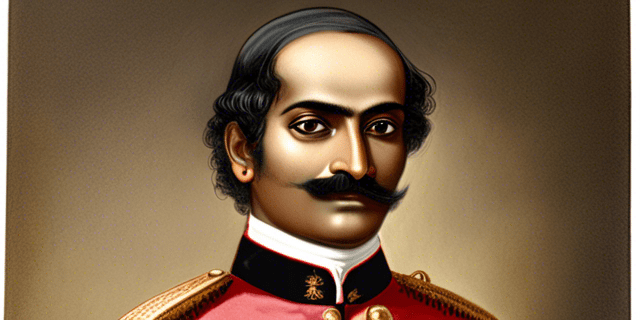
- Born: July 19, 1827
- Died: April 8, 1857
- Famously Known As: The spark of the Indian Rebellion of 1857
- Facts: Mangal Pandey’s defiance inspired the Sepoy Mutiny of 1857, marking the beginning of the end of British rule in India.
Mangal Pandey, a soldier in the British East India Company, became a symbol of resistance against British oppression. His act of defiance, refusing to use the newly introduced cartridges greased with animal fat, ignited the flames of rebellion that spread across India.
2. Jawaharlal Nehru
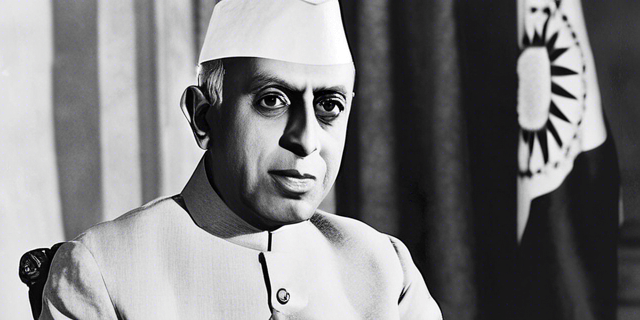
- Born: November 14, 1889
- Died: May 27, 1964
- Famously Known As: Chacha Nehru
- Facts: Nehru’s vision of a secular, socialist India laid the foundation for the country’s democratic institutions and social policies.
Jawaharlal Nehru, affectionately known as Chacha Nehru, was a towering figure in India’s struggle for independence. A close associate of Mahatma Gandhi, Nehru played a pivotal role in shaping India’s destiny as the country’s first Prime Minister.
3. Rani Lakshmi Bai
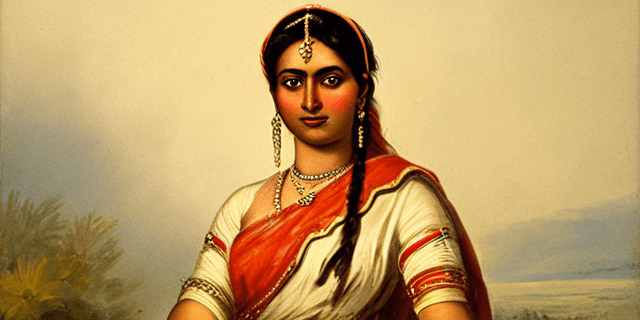
- Born: November 19, 1828
- Died: June 18, 1858
- Famously Known As: The Rani of Jhansi
- Facts: Rani Lakshmi Bai’s battle cry, “Krantikari ki Jai,” reverberated across the nation, inspiring generations to rise against tyranny.
Rani Lakshmi Bai of Jhansi emerged as a symbol of courage and resilience during the Revolt of 1857. Leading her troops into battle, she fought valiantly against British forces, sacrificing her life for the cause of freedom.
4. Sardar Vallabhbhai Patel
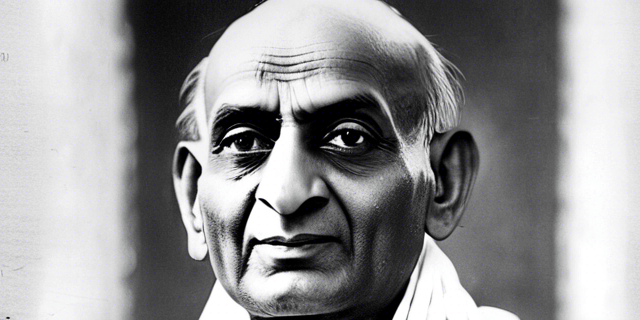
- Born: October 31, 1875
- Died: December 15, 1950
- Famously Known As: Iron Man of India
- Facts: Patel’s leadership during the partition of India ensured the seamless transition of power, preventing widespread violence and bloodshed.
Sardar Vallabhbhai Patel was pivotal in integrating princely states into the Indian Union following independence. His steely resolve and diplomatic acumen earned him the Iron Man of India title.
5. Sarojini Naidu
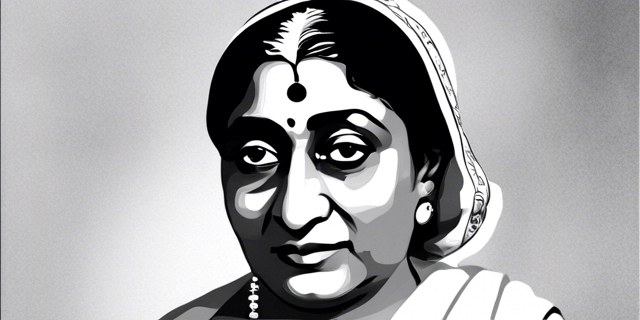
- Born: February 13, 1879
- Died: March 2, 1949
- Famously Known As: Nightingale of India
- Facts: Naidu’s poetry captured the essence of India’s freedom movement, inspiring millions with her words of courage and resilience.
Sarojini Naidu was a poet, freedom fighter, and advocate for women’s rights. As the first woman president of the Indian National Congress, she played a pivotal role in India’s struggle for independence.
6. Bhagat Singh
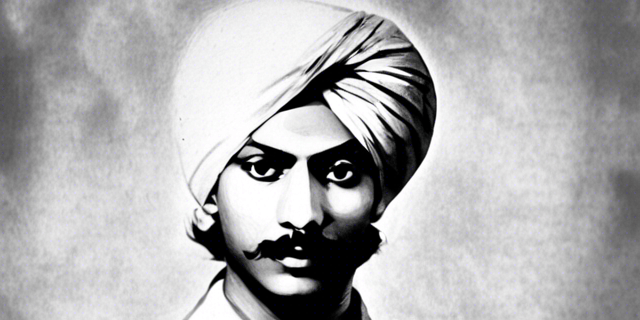
- Born: September 28, 1907
- Died: March 23, 1931
- Famously Known As: Shaheed-e-Azam
- Facts: Singh’s slogan, “Inquilab Zindabad,” became the rallying cry for India’s youth, galvanizing the masses in their quest for freedom.
Bhagat Singh, a revolutionary socialist, shook the foundations of British rule with his acts of defiance. His martyrdom at the young age of 23 immortalized him as a symbol of resistance against colonial oppression.
7. Subhash Chandra Bose
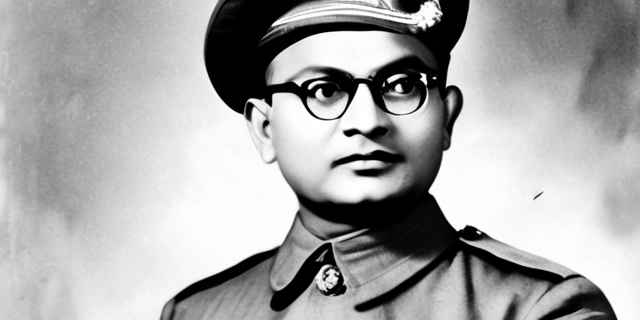
- Born: January 23, 1897
- Died: August 18, 1945
- Famously Known As: Netaji
- Facts: Bose’s famous slogan, “Give me blood, and I shall give you freedom,” epitomized his unwavering commitment to India’s independence.
Subhash Chandra Bose, popularly known as Netaji, was a charismatic leader who founded the Indian National Army to liberate India from British rule. His daring escape from house arrest and subsequent leadership of the INA inspired millions to join the freedom struggle.
8. Lal Bahadur Shastri
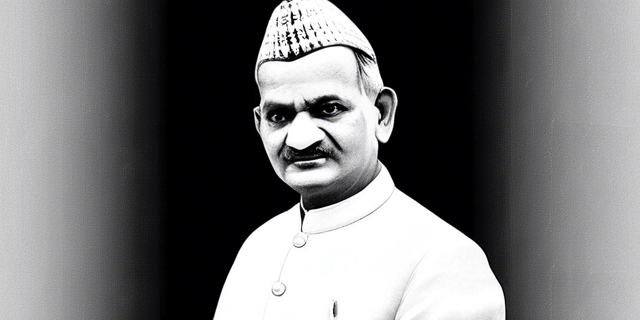
- Born: October 2, 1904
- Died: January 11, 1966
- Famously Known As: Man of Peace
- Facts: Shastri’s leadership during the Indo-Pak war of 1965 earned him the nation’s admiration, making him a beloved figure in Indian history.
Lal Bahadur Shastri, India’s second Prime Minister, was a humble leader known for his integrity and simplicity. His slogan, “Jai Jawan Jai Kisan,” encapsulated his vision of a self-reliant and prosperous India.
9. Savitribai Phule
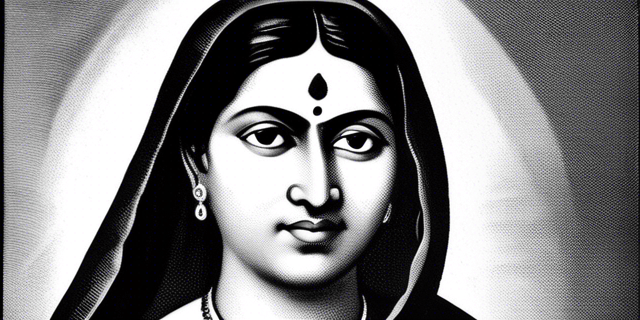
- Born: January 3, 1831
- Died: March 10, 1897
- Famously Known As: India’s First Female Teacher
- Facts: Phule’s unwavering commitment to education led to establishing the first school for girls in Pune, Maharashtra, paving the way for women’s empowerment in India.
Savitribai Phule was a pioneer in the field of women’s education and social reform. Alongside her husband, Jyotirao Phule, she championed the cause of women’s rights and caste equality, laying the foundation for social change in India.
10. Maulana Abul Kalam Azad
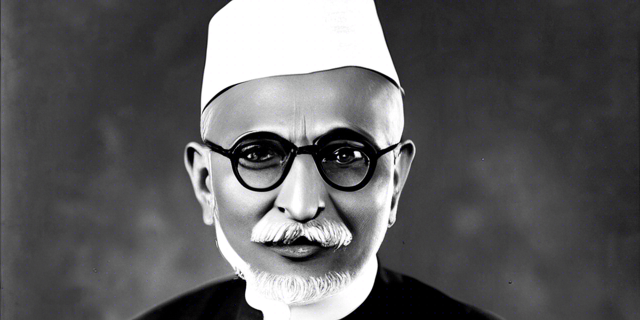
- Born: November 11, 1888
- Died: February 22, 1958
- Famously Known As: Maulana Azad
- Facts: Azad’s vision of a secular and inclusive India laid the foundation for the country’s democratic principles, ensuring equality and justice for all.
Maulana Abul Kalam Azad was a scholar, freedom fighter, and India’s first Education Minister. As a prominent leader of the Indian National Congress, he played a key role in the country’s struggle for independence.
Conclusion
The legacy of India’s top 10 freedom fighters continues to inspire millions worldwide. Their courage, sacrifice, and unwavering commitment to the cause of freedom remain etched in the annals of history, serving as a beacon of hope for future generations. As we commemorate their contributions, let us reaffirm our commitment to upholding the values of liberty, equality, and justice for all.
People are also reading:
- Women Freedom Fighters of India
- Rabindranath Tagore Biography
- Khan Sir Patna Biography
- Aina Asif Biography
- Vineeta Singh Biography
- Deepinder Goyal Biography
- Akriti Chopra Biography

